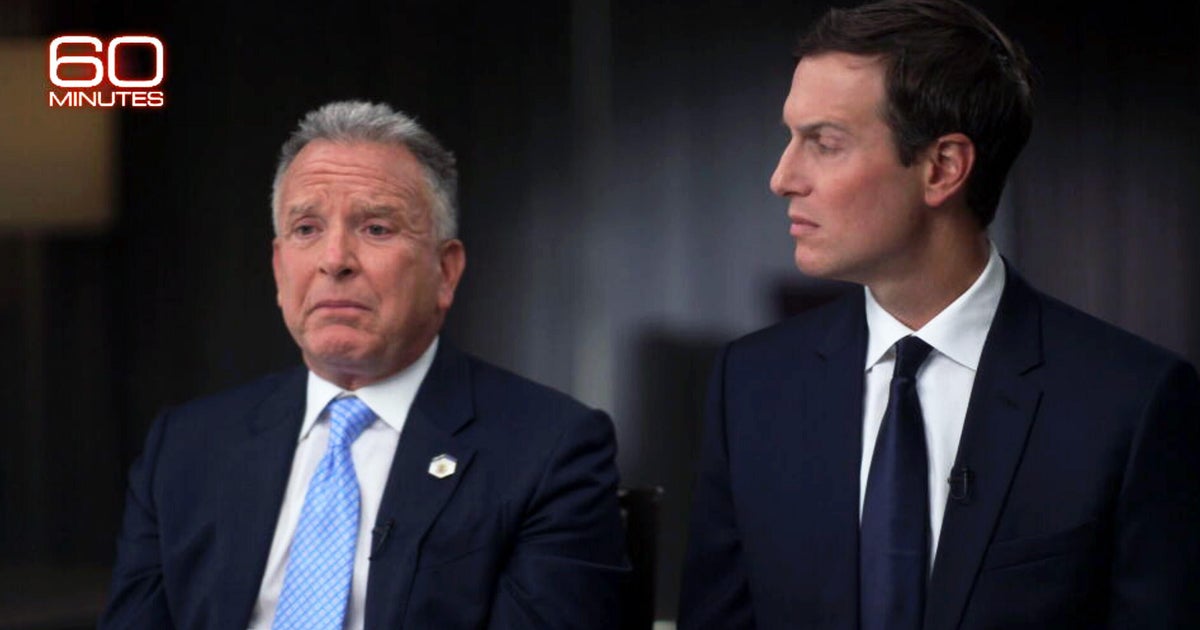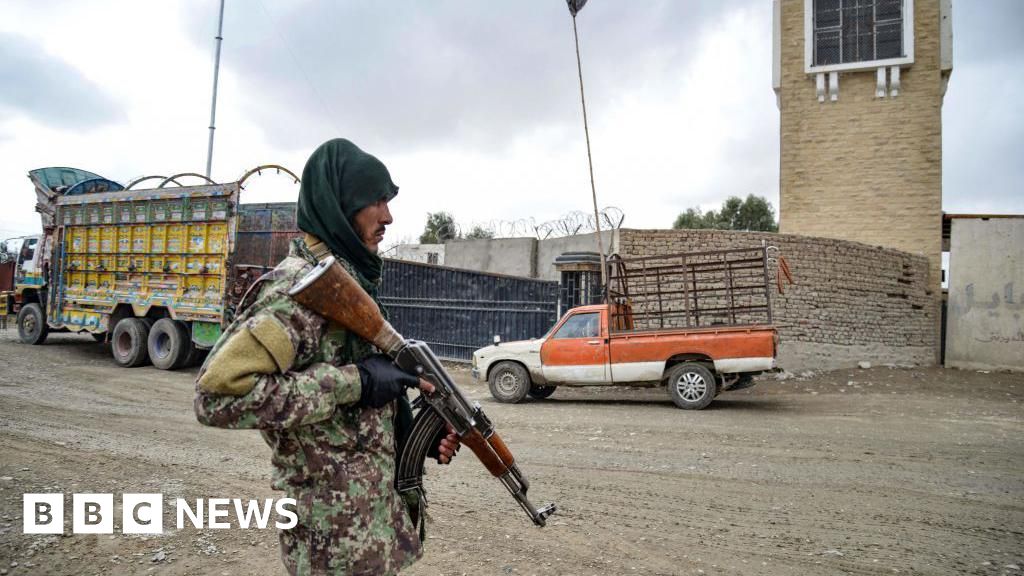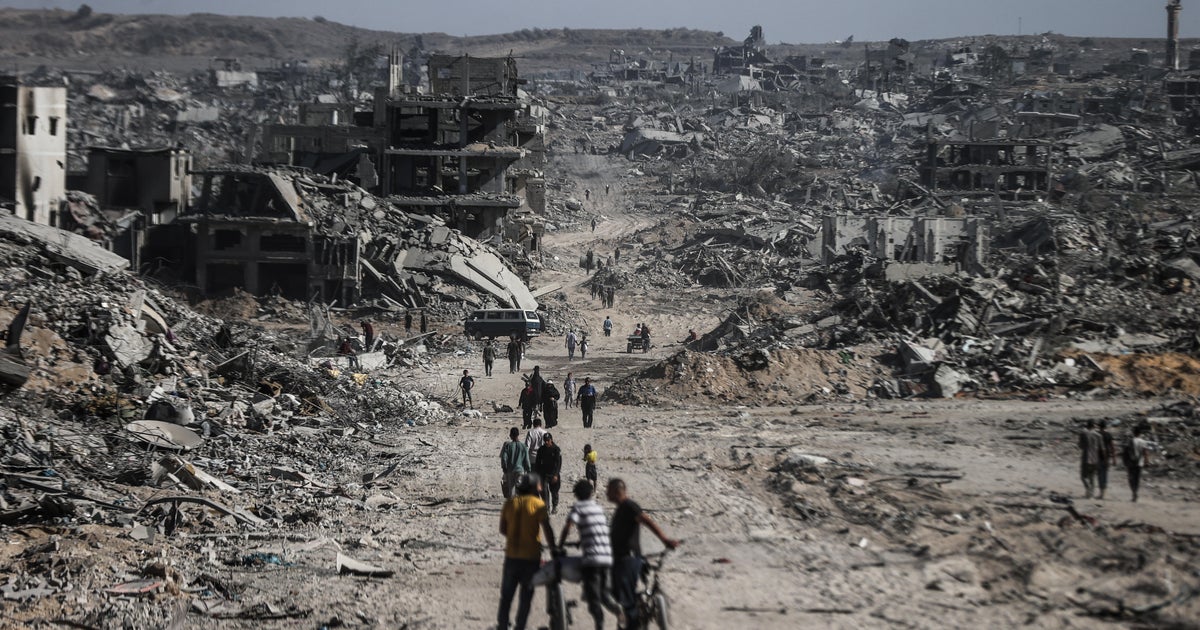Ceasefire Breakthrough in Doha Eases Tensions Between Afghanistan and Pakistan

Ceasefire Breakthrough in Doha
Afghanistan and Pakistan have taken a significant step toward reducing regional tensions by agreeing to an immediate ceasefire following high-level talks in Doha, mediated by Qatar’s foreign ministry. The announcement marks a pause in more than a week of deadly cross-border clashes that had threatened to escalate into wider conflict. Both nations have committed to halting military operations and initiating a dialogue aimed at achieving lasting peace and stability, a move welcomed by international observers as a critical de-escalation in one of Asia’s most volatile regions.
Path Forward and Regional Implications
In addition to the ceasefire, officials from Kabul and Islamabad have pledged to hold follow-up meetings in the coming days to ensure the agreement’s effective implementation. This commitment reflects a shared recognition of the need for sustained diplomacy to address underlying grievances and prevent future flare-ups. The talks in Doha signal a rare moment of cooperation between the neighbors, whose relationship has long been strained by border disputes and security concerns. If successful, this process could serve as a model for resolving other regional conflicts and foster greater economic and political collaboration across South Asia.
About the Organizations Mentioned
Qatar's foreign ministry
Qatar’s Ministry of Foreign Affairs (MOFA) is the government body responsible for managing the country's foreign policy and international relations. Established officially in 1971 following Qatar’s independence from British rule, MOFA evolved from a foreign affairs department created in 1969 and has since been shaped by successive laws that define its structure and functions[1][2]. The ministry’s core responsibilities include representing Qatar globally, protecting its interests abroad, developing and implementing foreign policy in coordination with other state agencies, negotiating international agreements, and maintaining diplomatic and consular relations with countries and international organizations[1]. It also plays a key role in promoting Qatar’s cultural values and policies worldwide and safeguarding Qatari citizens overseas[1][2]. MOFA’s foreign policy emphasizes mediation and dialogue to resolve conflicts peacefully, support sustainable development, and combat extremism and terrorism. Qatar acts as a mediator in regional conflicts, fosters humanitarian assistance, and champions international cooperation on education and social reform initiatives such as Silatech, which supports economic opportunities for Arab youth[3]. The ministry also actively participates in multilateral organizations like the Gulf Cooperation Council, OPEC, and the Organisation of Islamic Cooperation[2]. Currently led by Sheikh Mohammed bin Abdulrahman Al Thani, who also serves as Qatar’s Prime Minister, the ministry continues to enhance Qatar’s diplomatic influence and global partnerships. Recently, Qatar signed the United Nations Convention against Cybercrime, demonstrating MOFA’s commitment to addressing emerging global challenges in technology and security[4]. The ministry also provides digital services to citizens and residents via its MOFA app, facilitating communication, visa information, and emergency assistance abroad[4]. Overall, Qatar’s Ministry of Foreign Affairs is a pivotal institution driving the country’s strategic diplomacy, fostering international dialogue, and supporting Qatar’s vision as a modern, globally engaged state with a focus on peace, security, and development.

















